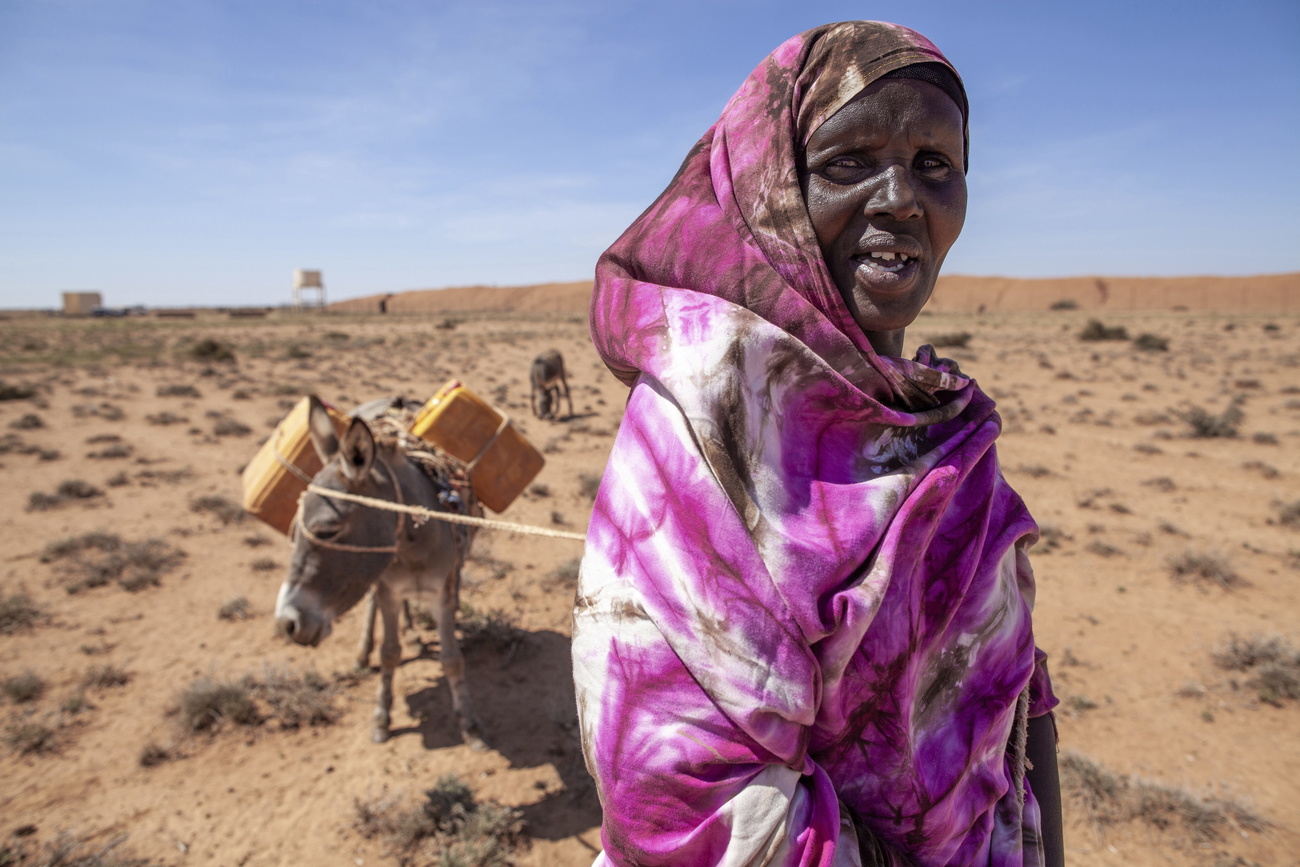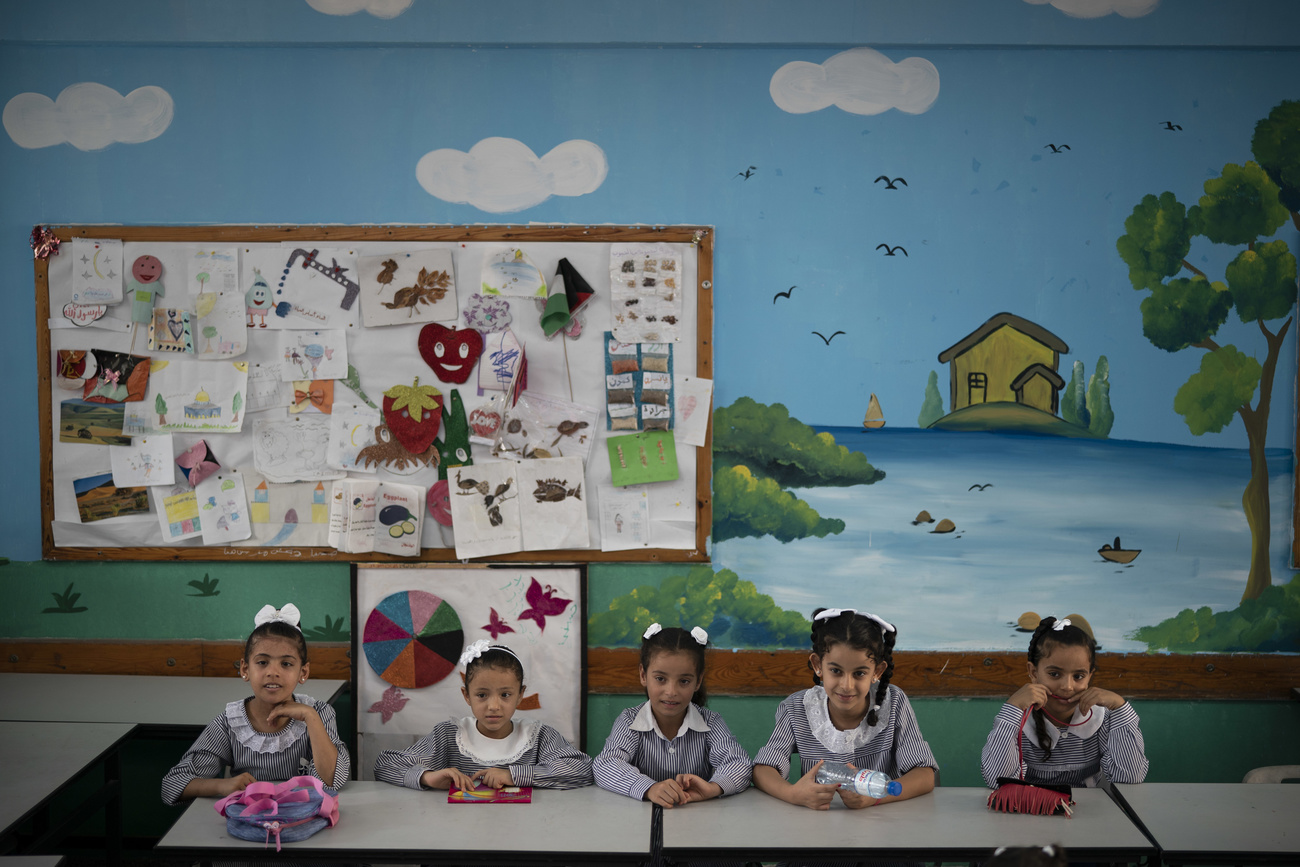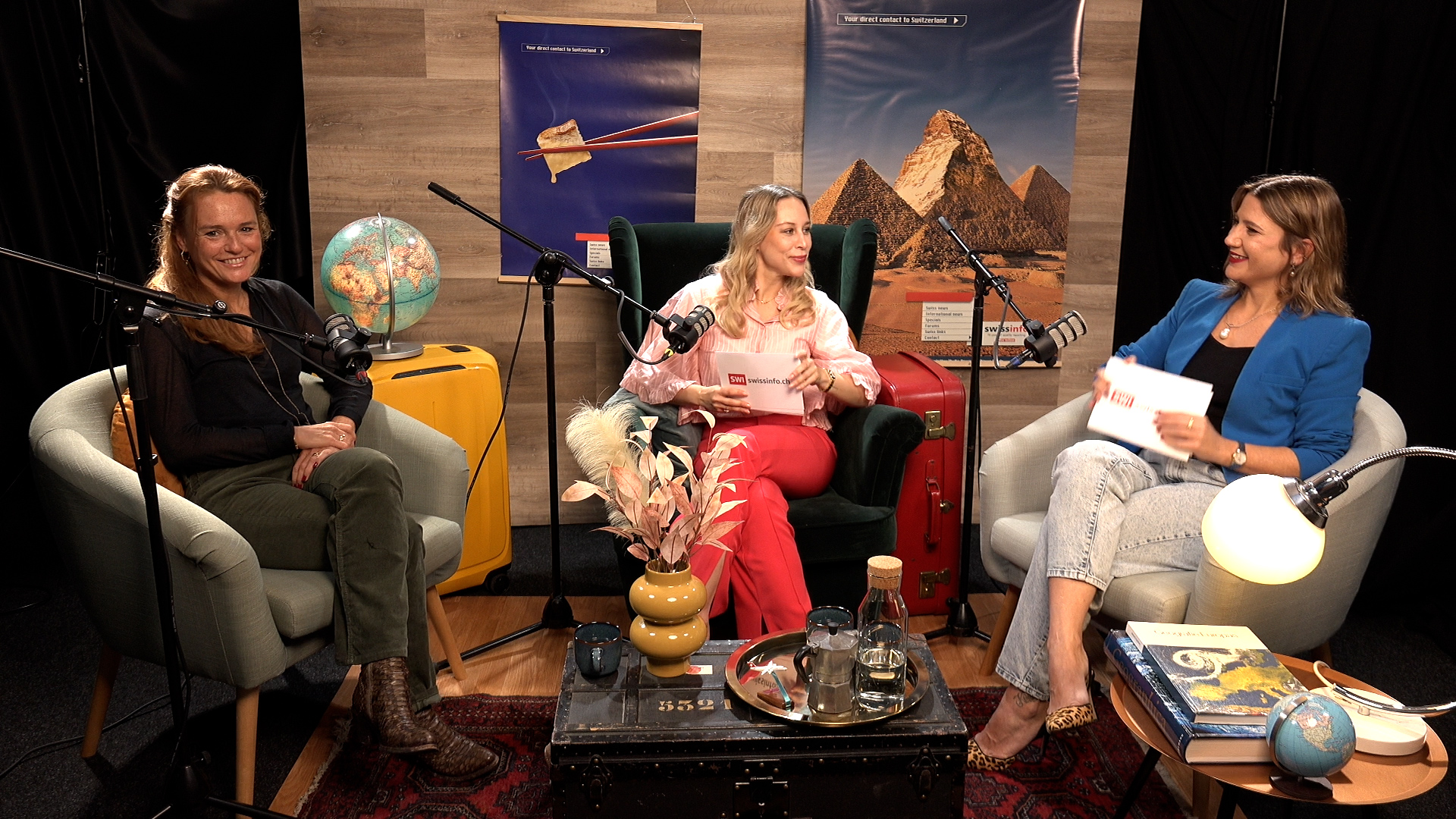
Swiss contribute CHF52.7 million to UN development programme

The government will support the UN Development Programme (UNDP) with CHF52.7 million ($57.8 million) next year.
The number of people living in extreme poverty has increased for the first time since 1998 as a result of the Covid-19 pandemic, the government said in a statementExternal link on Wednesday.
According to UN estimates, $10.3 billion is needed to meet the humanitarian needs and longer-term social, economic and political impact of Covid-19 in the poorest countries. The World Bank estimates that the pandemic could cause up to 115 million people to fall back into extreme poverty.
The CHF52.7 million from Switzerland is an important contribution to overcoming this crisis, the government said. Switzerland is also helping to achieve the goals for sustainable development in Agenda 2030.
Swiss interests
“The UNDP supports developing countries in reducing poverty and overcoming structural obstacles to achieving sustainable development, for example by promoting conflict prevention and strengthening democratic governance and crisis management capacities,” the government said.
“The UNDP’s objectives are consistent with Switzerland’s interests, working as it does to reduce inequality and poverty, and to mitigate the effects of conflicts and other threats that have an impact far beyond the developing countries.”
The UNDP has been Switzerland’s strategic partner since 1974 and is one of the priority multilateral organisations for international cooperation in Switzerland.
In addition to the general contribution to UNDP, Switzerland directly supports 167 projects around the world. In the period from 2018 to 2020, Switzerland supported the UNDP with a core contribution of CHF156.4 million.

More
Swiss fund Palestinian refugee agency but with reservations

In compliance with the JTI standards
More: SWI swissinfo.ch certified by the Journalism Trust Initiative































You can find an overview of ongoing debates with our journalists here . Please join us!
If you want to start a conversation about a topic raised in this article or want to report factual errors, email us at english@swissinfo.ch.